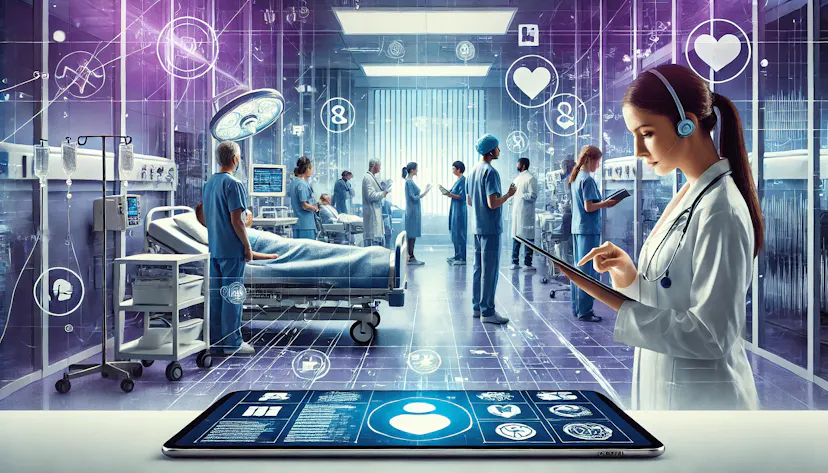HEALTH
Bridging the Language Gap in Healthcare: The Critical Role of Professional Medical Translation Services

Healthcare is a universal necessity, transcending languages and borders. However, the importance of clear and accurate communication in this field cannot be overstated. In our diverse and interconnected world, medical translations play a vital role in ensuring that healthcare information is accessible to all, regardless of the language they speak.
Why Medical Translation is Vital for Global Health
Medical translation is more than just converting text from one language to another; it is about conveying complex medical concepts, instructions, and patient information in a culturally sensitive and comprehensible manner. This process is crucial for maintaining a high standard of global healthcare practices.
Whether it be clinical trials, drug leaflets, or patient records, the accuracy of medical translation services is paramount. Miscommunication due to poor translation can have dire consequences, including misdiagnoses, ineffective treatments, and even loss of life.
In such a sensitive field, engaging a professional medical translation agency is essential. Specialist translators with expertise in healthcare-related fields offer an additional layer of safety and quality assurance.
The Role of Specialist Medical Translators
Medical translators are effectively bilingual mediators between medical professionals and patients. They understand the terminology, procedures, and regulations specific to the healthcare industry. This specialty ensures that translations are not only linguistically accurate but also comply with relevant medical standards and laws.
Moreover, medical translation is not limited to textual documents. It includes a range of materials such as educational resources, consent forms, and public health announcements. Ensuring these materials are error-free and easy to understand for non-native speakers is a complex but vital endeavour.
It is also worth noting that medical translation contributes significantly to scientific progress. Researchers around the globe rely on accurate translations to collaborate on studies, share findings, and advance medical knowledge.
Understanding the Scope of Medical Translation
The scope of medical translation is broad, encompassing various domains such as pharmacology, healthcare policies, biotechnology, and more. This diversity demands a comprehensive understanding of the specialised terminology used within each domain.
Quality and Confidentiality in Medical Translation
Quality assurance is at the heart of professional medical translation. It involves rigorous proofreading, editing, and validation processes to eliminate any potential errors. Additionally, confidentiality is a critical component of the translation process in healthcare, given the sensitive nature of medical documents.
Trustworthy translation agencies will often have certifications and follow strict protocols to ensure they maintain the highest levels of discretion and data security.
Choosing the Right Medical Translation Provider
Selecting a service provider is not to be taken lightly when it comes to medical translation. The ideal medical translation agency should offer extensive language coverage, employ translators with specialized medical backgrounds, and have a robust quality management system in place.
A prominent example in the field is MedTrans, an agency that exemplifies the highest standards of medical translation services. Their commitment to quality, accuracy, and client confidentiality sets them apart as a preferred partner for healthcare providers and medical professionals.
Technological Advances in Medical Translations
Technological advancements have greatly impacted the field of medical translations. Translation memory software, glossaries, and other tools help translators work more efficiently while maintaining consistency across medical documents.
However, despite these technological aids, the human element remains irreplaceable due to the nuanced and context-dependent nature of medical texts.
Conclusion
The globalized nature of healthcare demands excellence in medical translation services. The consequences of misunderstandings can be profound, affecting not only individual health outcomes but also international public health collaboration. The role of professional medical translators is thus critical in bridging language barriers and ensuring that all individuals have access to accurate, reliable healthcare information.
For healthcare providers looking to expand their reach and ensure the well-being of their multilingual patients, engaging a reputable medical translations partner is an invaluable step towards achieving these goals.
Harper Harrison is a reporter for The Hear UP. Harper got an internship at the NPR and worked as a reporter and producer. harper has also worked as a reporter for the Medium. Harper covers health and science for The Hear UP.










